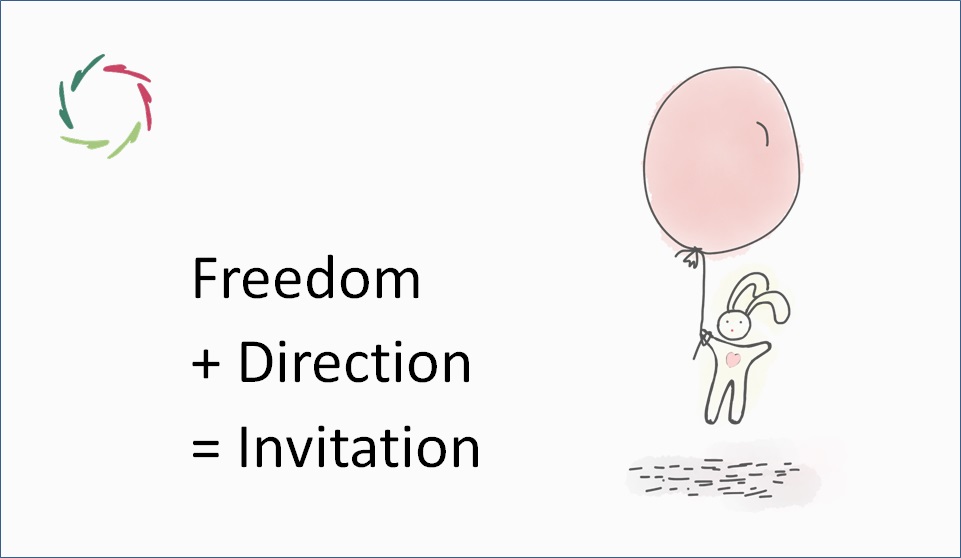Predatory Listening

The predatory listener seems to have a continual need to defend himself, thinking that the other person will attack as he would also attack whenever having the opportunity.
Predatory listening has the intent to exploit, manipulate, negatively criticize, or gain an advantage over the speaker by abusing the attained information. It lacks genuine empathy or concern for the speaker’s well-being. It doesn’t care for the depth of the speaker’s experiences and emotions. It’s constantly waiting to hijack the conversation to one’s point of view.
Relation to Compassionate listening
Predatory listening contrasts sharply with Compassionate listening, which sits at the opposite end of the spectrum of interpersonal engagement.
One can still remain Compassionate when facing predatory listening. However, Compassion does not mean tolerating harmful behavior. Setting clear boundaries about what is acceptable in communication protects your well-being and respects theirs, showing that effective communication is grounded in mutual respect and understanding.
Compassionate ways to understand the why of predatory listening.
There are several:
- Often, behaviors that seem predatory or manipulative stem from a person’s deep-seated fears and insecurities. They might fear losing control, being vulnerable, or not being heard themselves.
- Some individuals may not be aware of the impact of their listening style.
- Behind many actions that seem predatory, there are unmet needs, such as the need for validation, acceptance, or connection. These individuals may not have learned healthier ways to express or fulfill these needs.
- Predatory listening might be a coping mechanism for dealing with past traumas or emotional wounds. It could be a way to exert control in situations where they felt powerless.
How to Compassionately influence a predatory listener
Always see this as something worth trying. If it doesn’t work out, so be it. Accepting this is also an act of Compassion, namely to yourself. Also, you can’t help anyone if you’re going down.
The general idea should be to facilitate a shift towards more respectful and empathetic ways of interacting. This approach is deeply rooted in the belief that change is most enduring when it comes from within, supported by an environment of understanding, patience, and genuine care.
Therefore, the best way to invite a predatory listener to change his ways is to keep showing him your deep listening without confronting him with this. This is not a question of seven or a hundred pieces of advise to follow.
It’s a question of Compassion, basically ― one of the most challenging yet worthwhile things to strive for.


